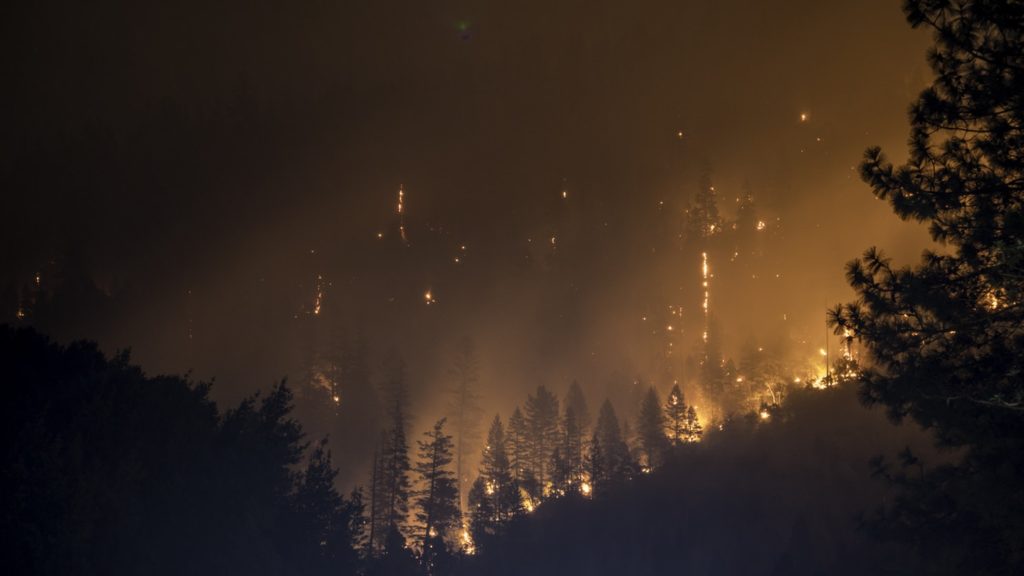As an insurance broker who deals with the claims and concerns of clients who have been impacted by bushfire, please make sure you understand your risks, put measures in place to protect yourself, and make sure you have the right insurance in place as a safety net should the worst happen.
“I’ve seen and heard some of the hardest stories,” reflects Allsure Director Melissa Donaldson.
“Even having great insurance doesn’t take all the hurt out of losing belongings, pets, your home or, in the very worst case, your loved ones. For an insurance broker, we see the aftermath of insurable events, and the most frustrating thing is when it could have been prevented (and also when people are underinsured or uninsured – I think that will be one of my next articles!)
“This year has been heartbreaking, with bushfires across Australia including in Victoria and Tasmania where our two offices are. So after reflecting on the bushfire season that was (without jinxing it as certainly there is still risk in many areas), I wanted to share some things from an insurance broker’s perspective that I wish everyone in a risky area knew before it was too late.”
Bushfire insurance can save lives
The 2009 Black Saturday bushfires in Victoria were the most devastating in Australian history; 173 people tragically lost their lives, 414 were injured, more than a million wild and domesticated animals were lost and 450,000 hectares of land were burned.
There was stats from the royal commission into the black Saturday fires of 7 February 2009, that showed that most of those who died did not have insurance. It’s been concluded that having insurance saved lives and not having it cost lives. Put more simply, those without insurance were more likely to stay and defend their properties, those with insurance left in time, knowing they could rebuild.
Business interruption insurance
In the case of the Bunyip State Park fire in Victoria, over 100 homes and outbuildings have been damaged or destroyed. Additionally, many businesses, roads and schools have closed due to the fire risk. Recovering from a bushfire and all the work and clean up entailed can take a long time – could your business survive if you have to close for months? Or even if one of your key suppliers is severely impacted and unable to service your business? If the answer is not a confident ‘yes’ then you may want to speak to your broker about business interruption insurance.
Don’t gamble with embargoes!
Did you know that if you wait until a disaster like a bushfire is imminent, it may already be well too late to get insurance coverage? Check out our ‘procrastination’ article for more information, but at a high level, you need to know that insurance companies can set a timeframe to prevent you from purchasing insurance when an event is known to be extremely likely or already having an impact.
Removal of debris
Many insurance solutions include cover for the cost of debris clean up after an event. But not all policies are equal. This can be an expensive and time consuming components of disaster recovery, and it’s worth getting your broker to read the fine print so you know what you’re getting. After all, that’s what we’re here for! (And yes, maybe that does make us an insurance nerd, and proud of it.)
Bushfire management & mitigation – make it happen
What if taking just a few steps could reduce or altogether prevent a bushfire from impacting you? Would you give up a couple hours of Netflix a month to have the peace of mind that you’ve done something to reduce your risk?
There’s a huge range of actions you can take – many that cost only time and sweat. As you may know, you could be held legally liable if you don’t reduce the risk of fire in and around your property. PLUS – did you know that insurance companies can reject your claim if you do not take ‘reasonable steps’ to minimise your loss should an incident occur? Keep that risk management hat on – before and after an insurable event.
So find out what ‘best practice’ for bushfire risk management for your situation, whether it’s clearing your gutters regularly or ensuring you have an evacuation plan, know what you need to do.
There’s even some talk of incentivising people with reduced insurance premiums to build homes and businesses to better withstand cyclones and bushfires according to this Queensland article. We will certainly be watching this space and keeping you up to date.
Questions?
Talk to us about your situation. Seriously, we love to help and at the very least you can come away with a free quote and the peace of mind that you’ve had a good conversation about your risks and you’ll know whether you have a competitive solution in place.
Please note: The information provided in this article is only general in nature – before making business decisions you should consider seeking advice specific to your situation.

